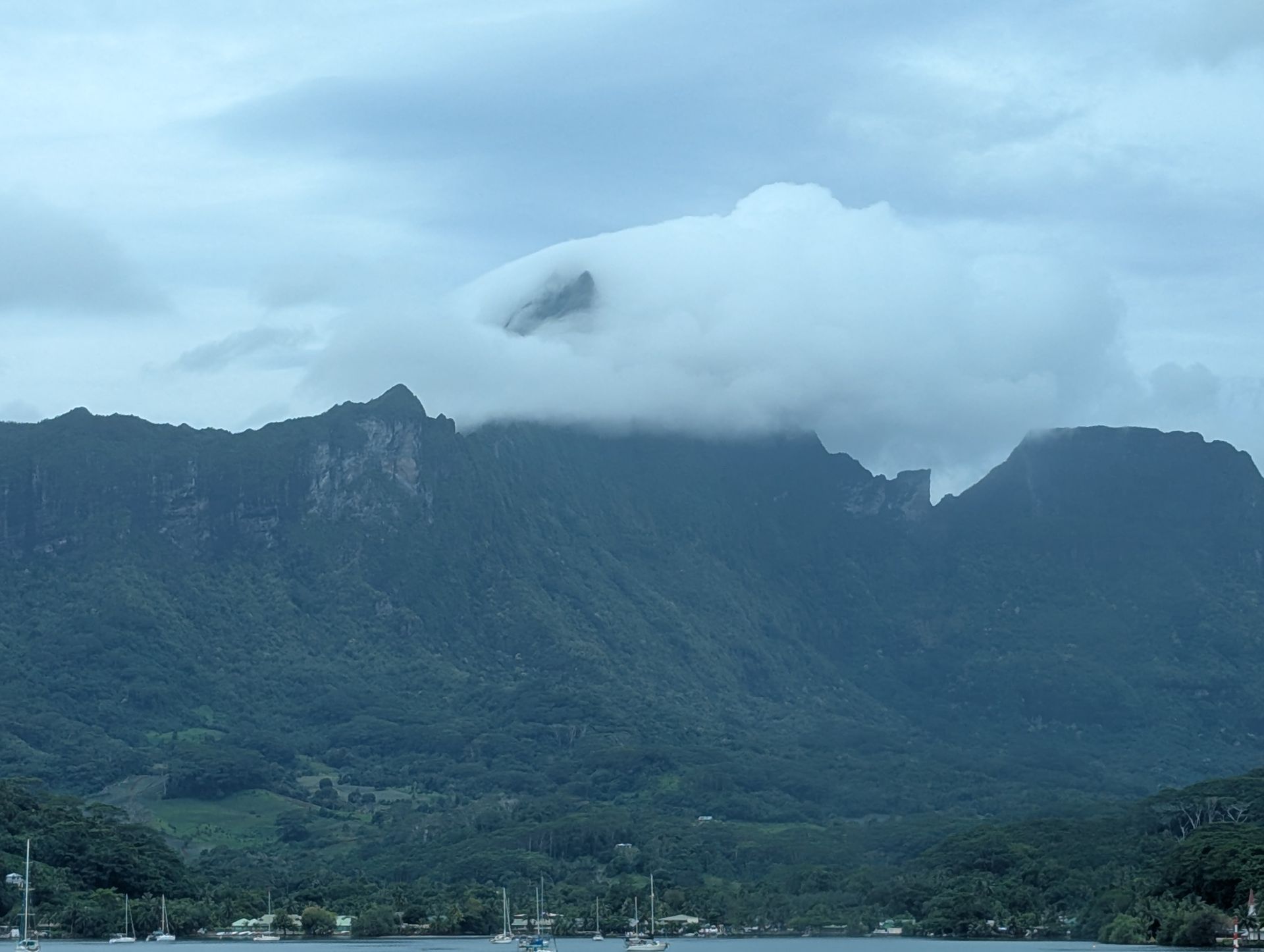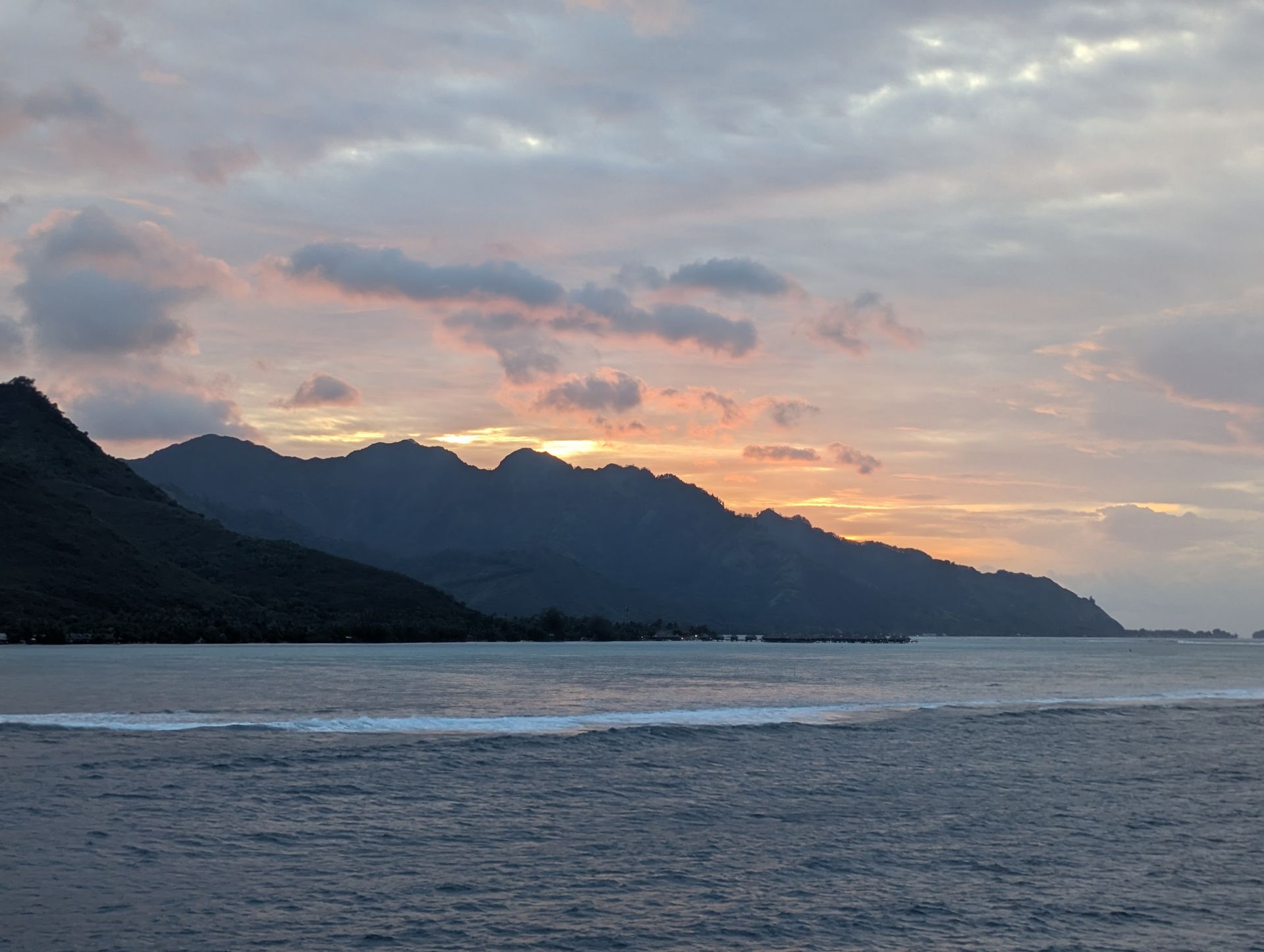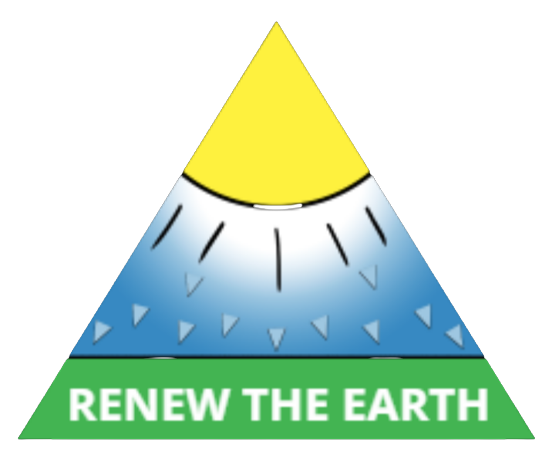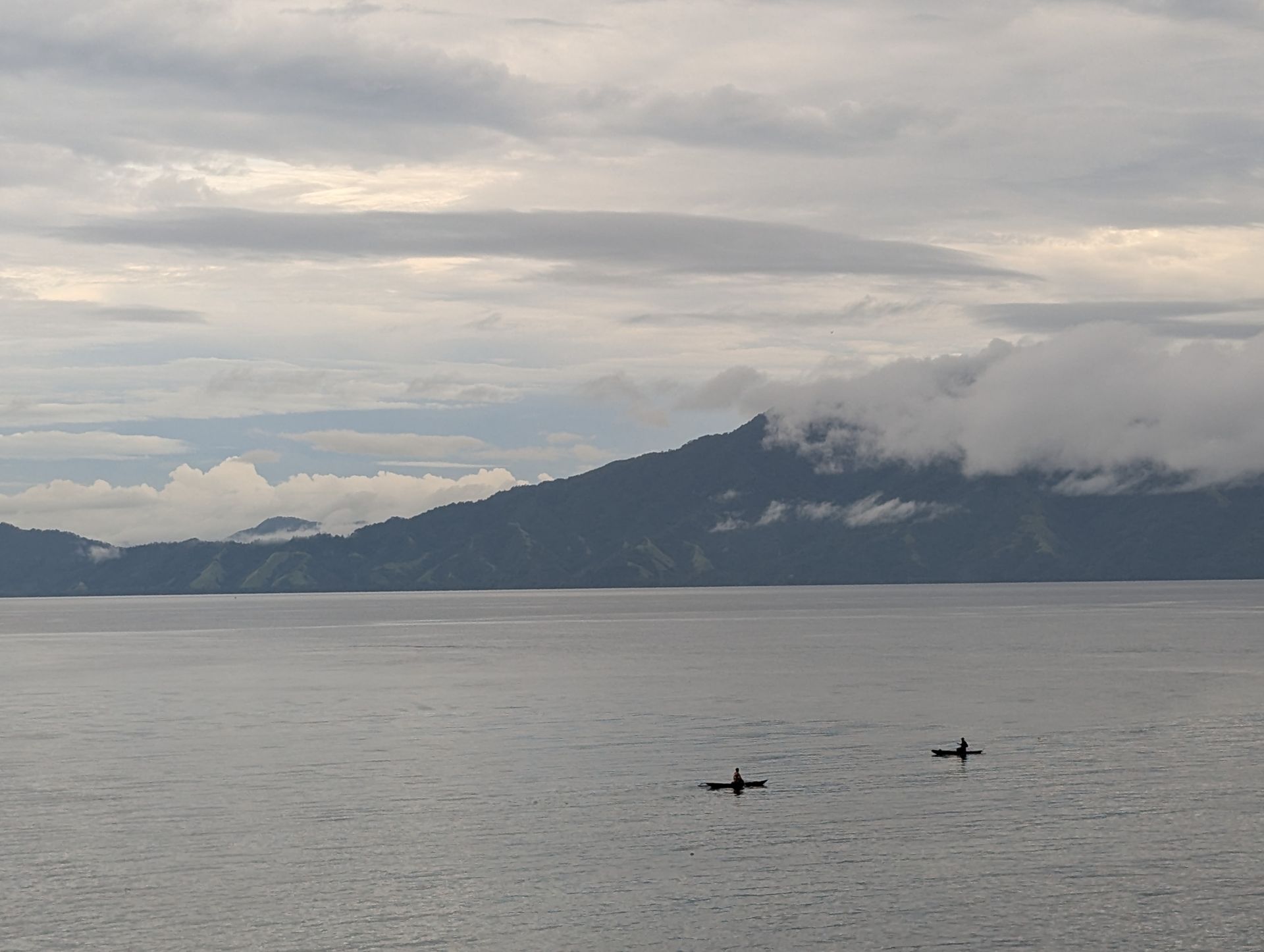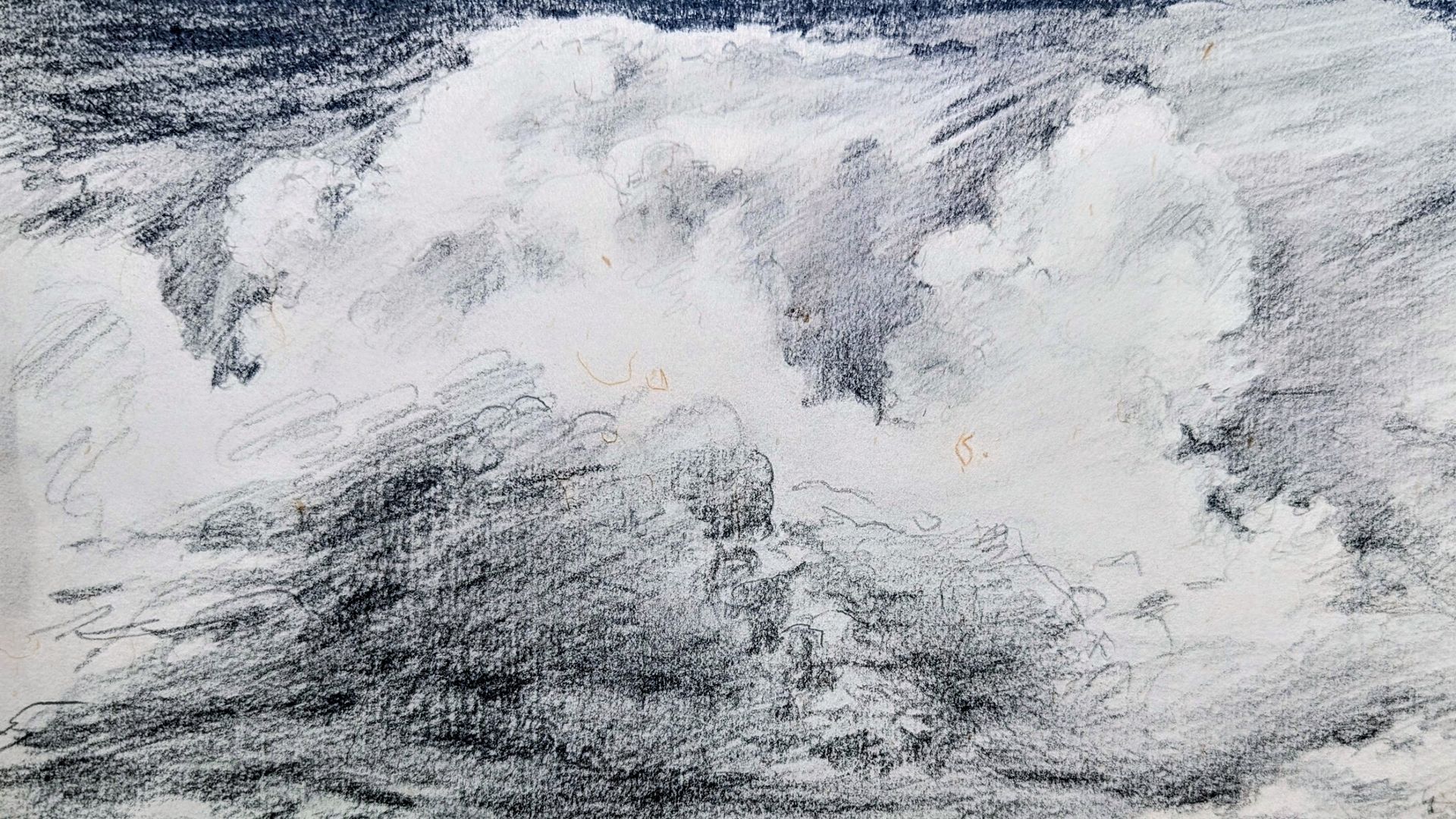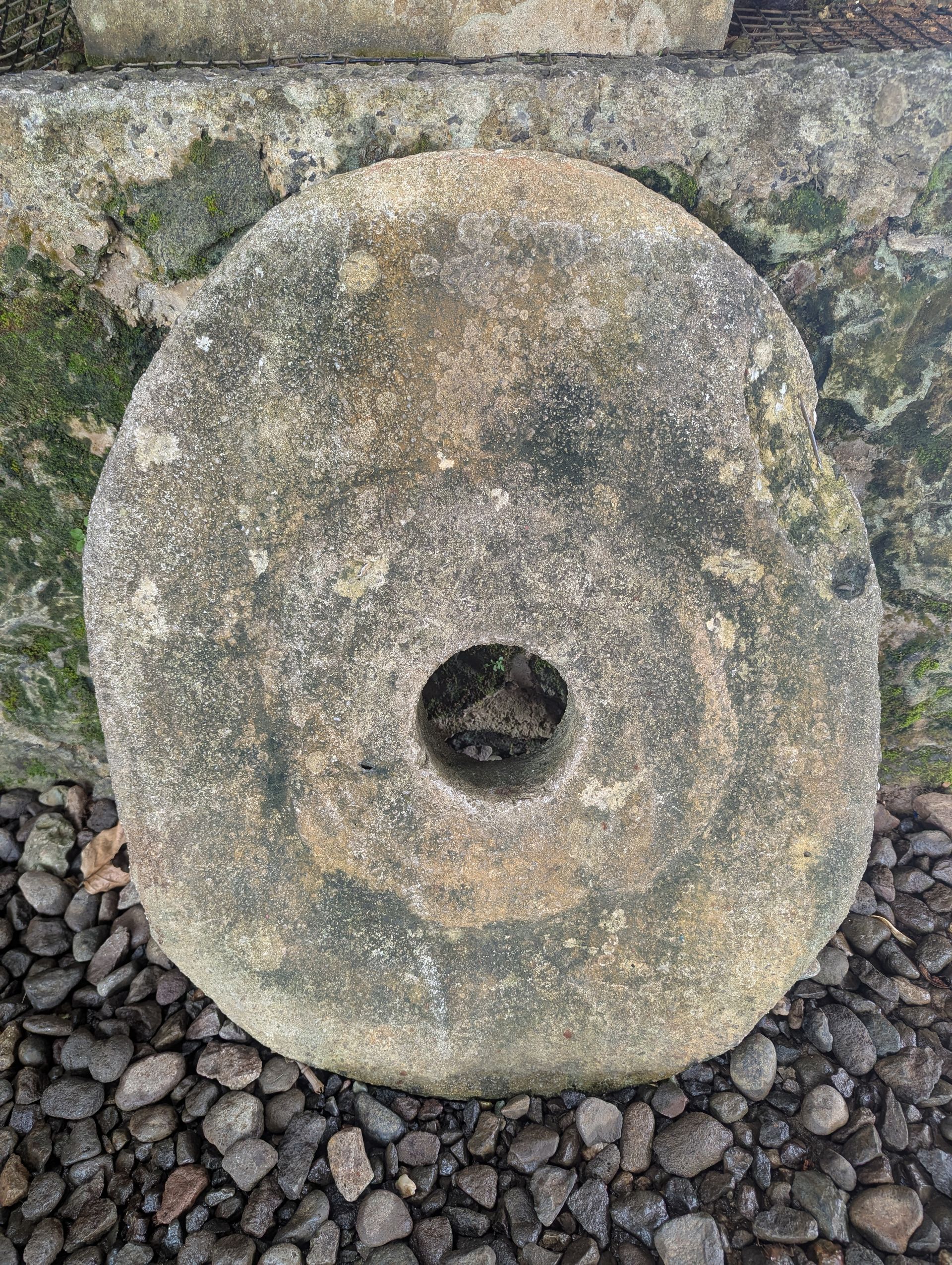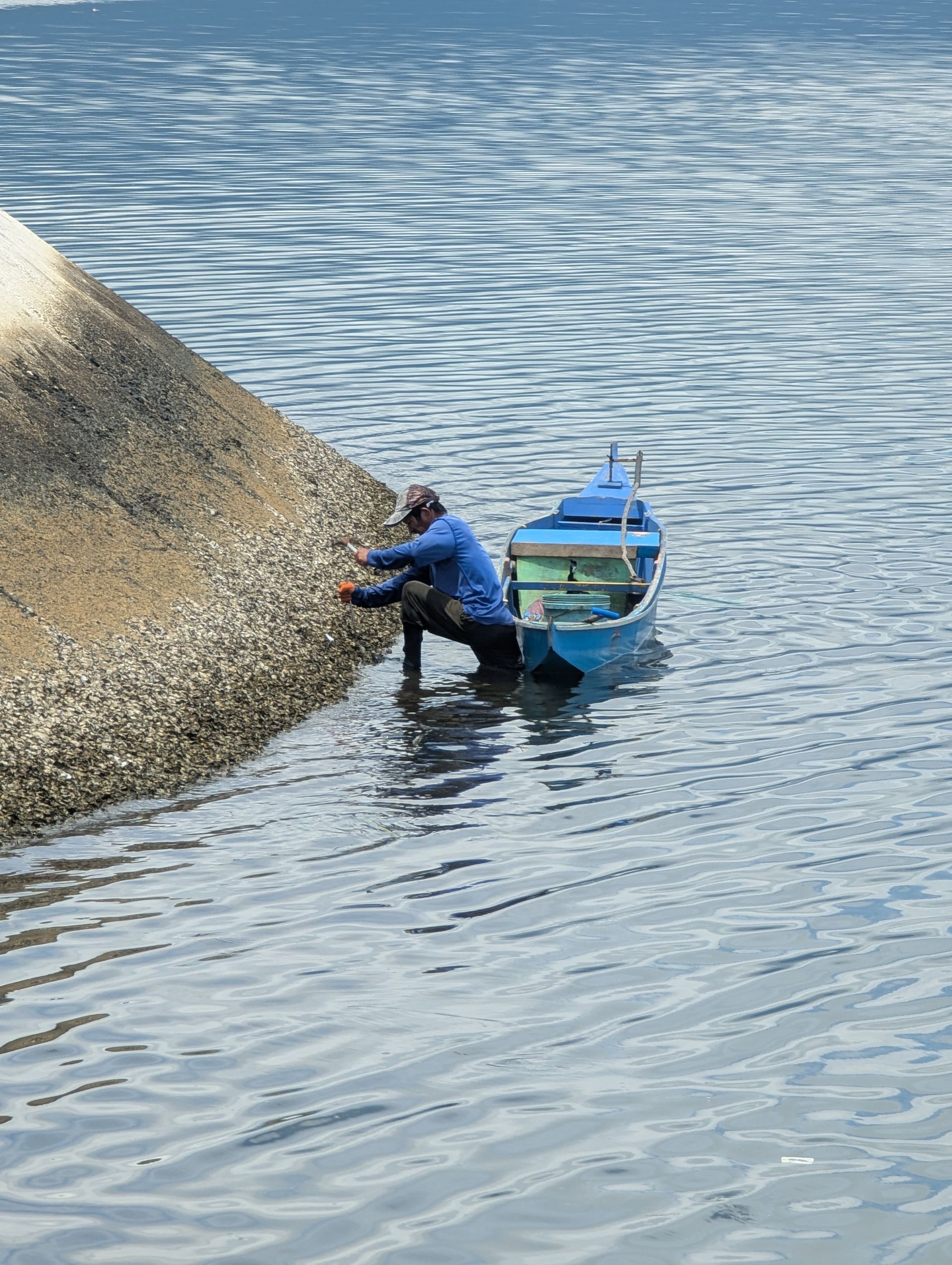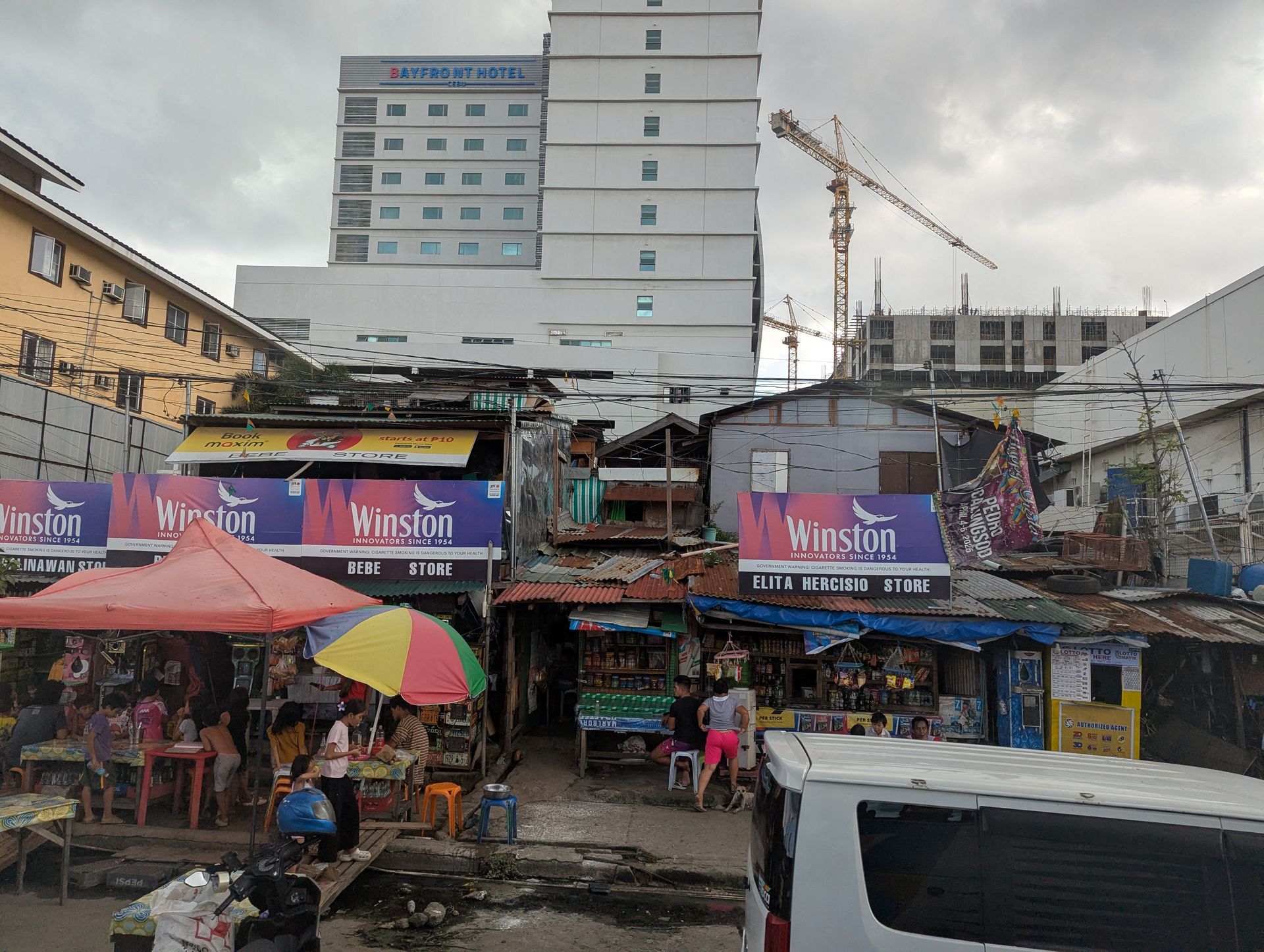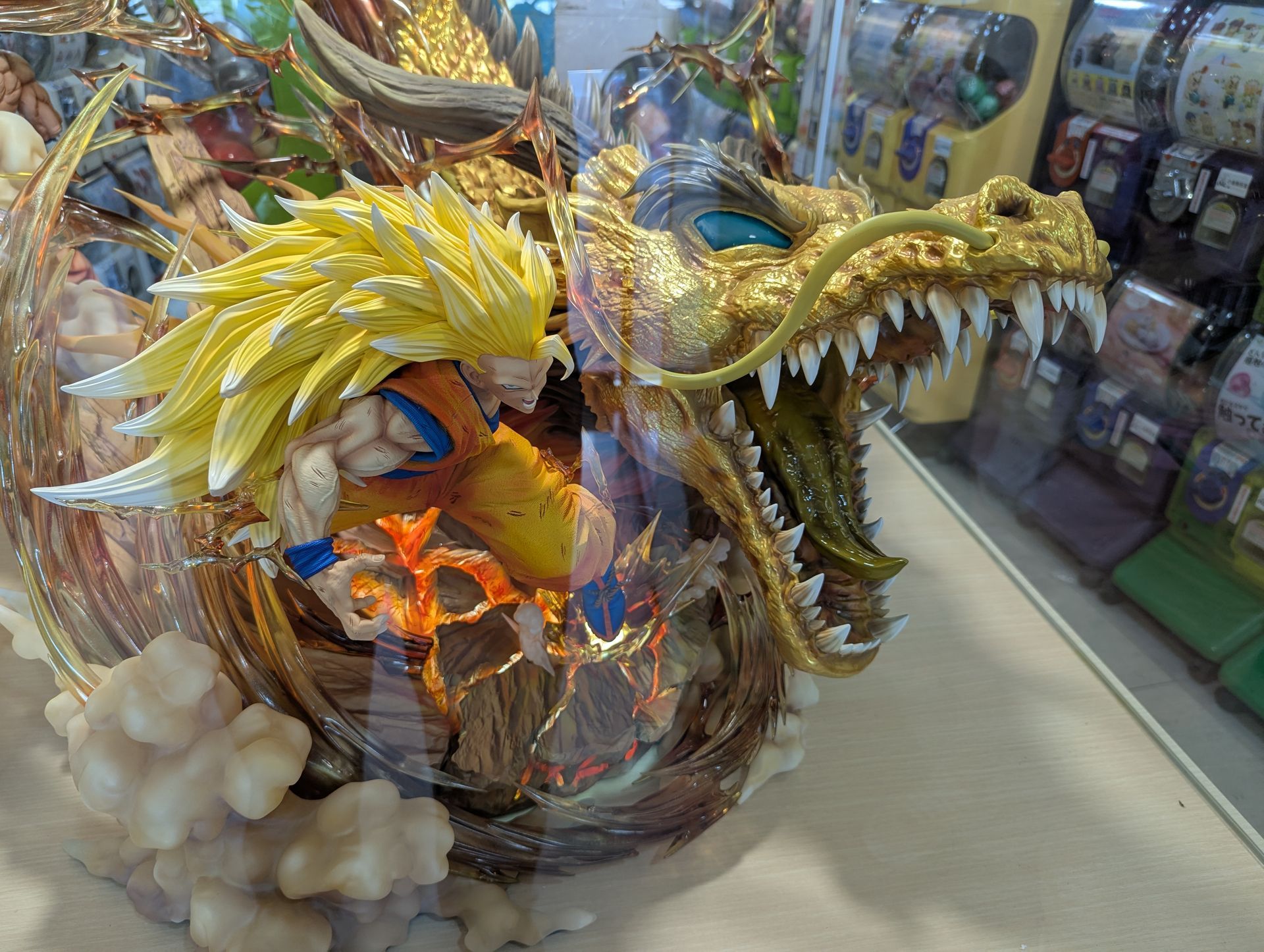Rewarding the “Invisible” Work
The dictionary defines work as an “activity involving mental or physical effort, done in order to achieve a purpose or result.” We all know not all work is work for pay , but it has to be accomplished every day anyway. As long as we live, we cannot stop working. Something breaks, it has to be fixed, laundry has to be done, food and supplies brought to the home, cooking and cleaning have to be done, a child is born it needs to be cared for, we get old and sick and need care, 24/7 care of a special needs child, weather destroys homes and property they need to be replaced, friends and relatives are in distress and need comfort, a good idea surfaces and needs attention, on and on. These are all essential works that are left out of GDP. (But make that GDP possible!) They function unrewarded by pay or compensations like healthcare and vacations.
Why not have a currency that is dedicated to all human needs, not wants? It would operate parallel to our existing for-profit currency. This human currency would be exchanged for food, shelter, education and healthcare. It is available from birth to death, and you can use it or not. It cannot be invested or taxed. It could be available on a debit card identified with your SS#. Each month a determined amount is available on the card and if it is not used, what is left is deleted at the end of the month. And the cycle begins again the next month.
The existence of this parallel social currency would reward the work that is essential and ongoing but remains invisible to our existing economic notice. Maybe then we can all have free time to imagine and build a better future for humanity and nature. Believe it or not we are already doing this in our military. You join and your food, shelter, education and healthcare are taken care of…
“If we are willing to spend that amount of money, resources and human lives in time of war, why don’t we commit equal resources to improving lives and anticipating the humane needs of the future? …to achieve and maintain the optimal symbiotic relationship between nature and humankind.” Jacques Fresco “The Best that Money Can’t Buy”
And please read more @SocialEconRTE and renew-the-earth.org

